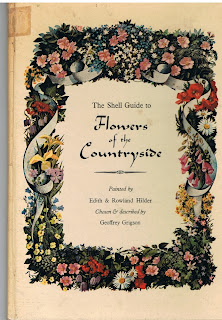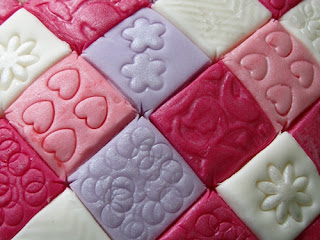How do you write a piece about Remembrance Day?
I have no connections with any of the Armed Forces yet I feel we should continue to remember those who went to war on our account, and died, whether it's WW1 or WW2 or any of the 'conflicts' which have appeared since 1945 - Suez, Aden, Palestine, Bosnia, Kosovo, Korea and latterly Iraq and Afghanistan, a senseless conflict which can't be 'won' by the West. There are many more places where British troops, and others, have died.
WW1 produced many poets and these poems are generally better known than WW2 poetry. I think most people will know at least the opening lines of the first verse of In Flanders Fields by John McCrae.
In Flanders fields the poppies grow
Between the crosses row on row,
That mark our place; and in the sky
The larks still bravely singing, fly
Scarce heard among the guns below.
WW2 also has some good poetry - John Gillespie Magee's poem High Flight which begins,
'Oh I have slipped the surly bonds of earth
and danced the skies on laughter-silvered wings;'
has been quoted on different occasions. He trained in Canada and was posted to a fighter squadron in England; he died in a mid-air collision aged 19 in 1941.
Leo Marks wrote a code poem for Violette Szabo, an SOE agent who was dropped in France. She was captured and died in Ravensbruck but her poem is still remembered.
The life that I have is all that I have,
And the life that I have is yours.
The love that I have of the life that I have
Is yours and yours and yours.
A sleep I shall have
A rest I shall have,
Yet death will be but a pause,
For the peace of my years
in the long green grass
Will be yours and yours and yours.
Leo Marks has written a book - Between Silk and Cyanide - about the SOE's Code War, a different war from that at Bletchley Park, which was military traffic. I found it quite by accident, probably at a car boot, just because I knew his name as the author of the code-poem.
In 1946 a British film, The Way to the Stars, was in cinemas. It starred Michael Redgrave and a young-ish John Mills in the RAF, with Douglass Montgomery and Bonar Colleano as the US airmen who arrive at Halfpenny Field when America enters the war. Two poems by John Pudney are used in the film, supposedly written by Michael Redgrave's character. One, written in 1941, is For Johnny which is probably the better known of the two.
Do not despair
For Johnny-head-in-air;
He sleeps as sound
As Johnny underground.
Fetch out no shroud
For Johnny-in-the-cloud;
And keep your tears
For him in after years.
Better by far
For Johnny-the-bright-star.
To keep your head,
and see his children fed.
The second poem,(1942) which I prefer, is simply called 'Missing'.
Less said the better.
The bill unpaid, the dead letter,
No roses at the end
Of Smith, my friend.
Last words don't matter
And there are none to flatter.
Words will not fill the post
Of Smith, the ghost.
For Smith, our brother,
Only son of loving mother,
The ocean lifted, stirred,
Leaving no word.
There was a fierce battle at Kohima and Imphal (on the India/Burma border) against the Japanese in 1944 which turned the Burma Campaign in the favour of the Allies; on the war memorial there is a thought-provoking inscription:
When you go home,
Remember us and say,
For your tomorrow,
We gave our today.
*























small,crop.JPG)































